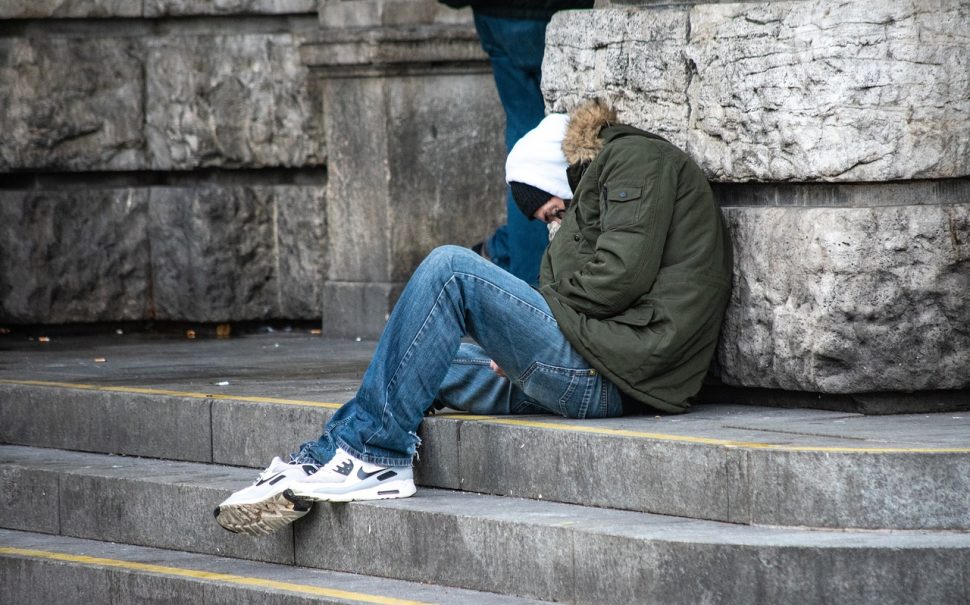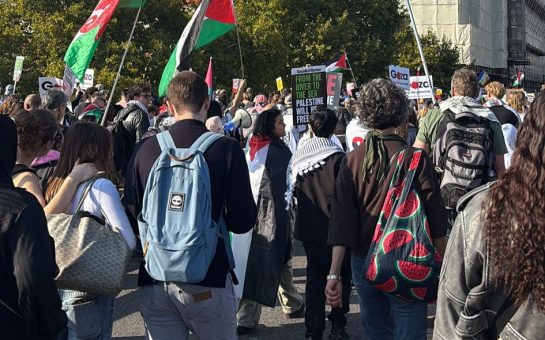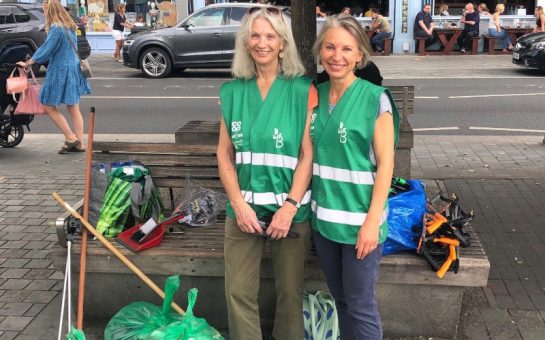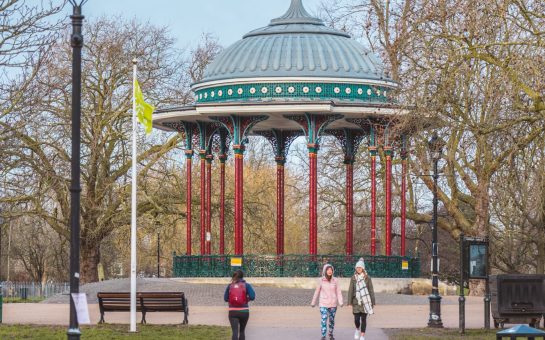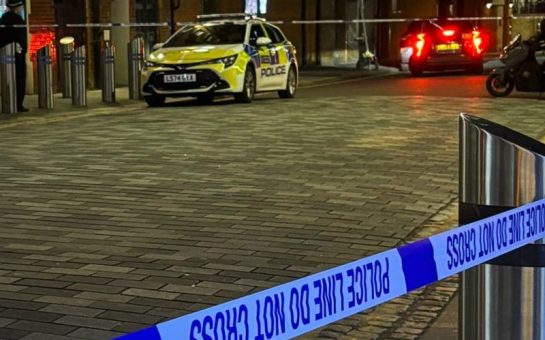Cases of youth homelessness in London increased by 10% in the last year, new data has revealed.
Charities are urging the government to tackle the youth homelessness crisis, often caused by family breakdowns, school exclusions, involvement in gang crime and mental health issues.
Research from Centrepoint, the UK’s leading youth homelessness charity, recorded one in 52 young people aged 16-24 in the UK as homeless between April 2022 and March 2023.
The charity also revealed that 20,200 cases of homeless youths were reported in London in 2023 – marking a 10% increase on the previous year.
Data from Centrepoint shows that cases of youth homelessness in London nearly doubled between 2016 and 2023.
In 2016/2017, incidents in London were at their lowest with 10,500 cases, while figures spiked to 20,200 in 2022/2023.
Figures representing the scale of youth homelessness rose by 16% to 12,200 in 2017/2018, and further increased by 21% in 2018/2019 to 14,765.
In 2019/2020, incidents peaked to a national high of 17,200, a 16% increase from the previous year.
The charity’s annual figures show a growth of over 16% each year until the 2020/2021 period, where there was a decline of 11% to 15,200 cases, attributable to the COVID-19 pandemic.
Subsequently, there was a 20% rise in cases in 2021/2022, totalling 18,300 in London.
Campaigning for change
Despite the 2022 ‘End Rough Sleeping For Good’ government programme, aimed at making the UK a “world leader” in ending rough sleeping, instances of youth homelessness continue to rise in the capital.
In response, more 120 youth homelessness charities, including Centrepoint, have united for the #PlanForThe136k campaign, urging the government to develop a comprehensive national strategy to tackle the issue.
New Horizon Youth Centre in London, a day centre for young homelessness people, actioned the parliamentary petition which has garnered nearly 10,000 signatures.
Head of Policy, Learning and Comms Polly Stephens said: “Young people and the reality of youth homelessness are being systematically overlooked by the government and society.
“We know how to end this crisis, we need the political will to make that a reality.
“Signing the petition is one free, simple way to show solidarity with these young people and make a positive step towards tackling this crisis once and for all.
“As a frontline service in London we see the sharpest end of the UK’s escalating youth homelessness crisis.
“In the first seven operational days of 2024 we have had 187 young people come through our door, compared to the same period last year, where we had just 53.”
The national picture
Beyond London, incidents of youth homelessness continue to rise across the country.
Additional data from Centrepoint reveals seven regions recorded an increase in the number of young people aged 16-24 approaching their local authority because they were homeless or at risk.
The East Midlands saw an increase of 30%, going from 11,600 presentations in 2021/2022 to 15,100 presentations in 2022/2023.
This represented the largest increase among the English regions.
London saw a 10% increase, going from 18,300 to 20,200 and becoming the region with the highest
What more needs to be done?
Last year, three in 10 young people were not assessed when seeking assistance from their local authority, according to data from Centrepoint.
Denis Devlin, now a sports writer, was homeless from the age of 14.
He said: “One of the things I found when homeless was the stigma associated with sleeping rough regardless of age.
“London was cold, dirty and lonely.
“Most of those years were spent sleeping in old rundown buildings and under railway bridges in parks.
“There has to be a better system in place for addressing these issues and looking at ways to assist with both physical and mental health problems.
“Until we begin tackling the issues that affect young people and understand what forces them to risk their lives sleeping rough in the capital then tragically the problem will continue.”
If you need support, call the Centrepoint helpline free on 0808 800 0661, Monday to Friday, 9am–5pm.
Featured image credit: Manuel Alvarez from Pixabay
